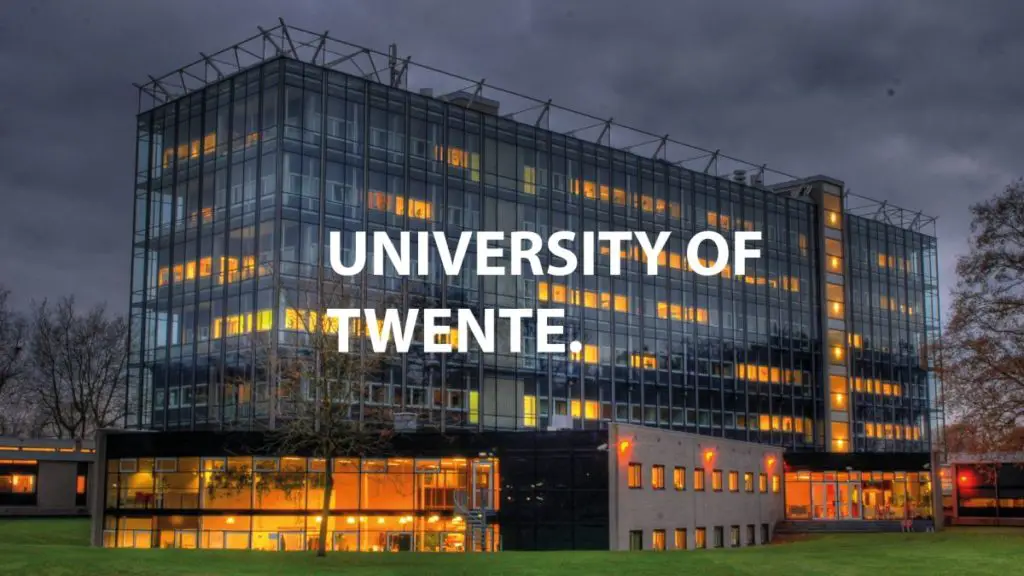The Institute of Biotechnology is a research institute at University of Helsinki, located in the Viikki science park. The institute harbors ~35 research groups and 250 researchers, and it operates at the highest international level. For more information on the Institute, please visit https://www.helsinki.fi/en/hilife-institute-of-biotechnology.
The institute has excellent infrastructure for structural biology (X-ray, CryoEM, NMR) including the crystallography core facility run by the PI.
The post-doctoral applicants should hold PhD in biochemistry or a related field. Strong experience in protein biochemistry including cloning and mutagenesis and protein expression and purification, from various hosts and good communication skills in English are required. Knowledge and experience in structural biology and molecular biophysics techiques and cell culture is beneficial. This is an opportunity to work on high impact targets and obtain in depth technical skills in the research area. The position will provide excellent opportunities for collaborations, as this is a joint project in close collaboration with Prof. Mart Saarma’s group, with also potential international and national collaborations and visits to e.g. synchrotron sources in Europe (ESRF, DLS, MAXIV). An attitude to carry out ambitious research projects, good problem solving skills, goal-oriented mind-set and willingness to learn and apply new methodologies is highly appreciated. The working language of the laboratory is English; knowledge of Finnish is not a requirement.
The postdoctoral position is initially limited to 1 year, with a possibility of extension to three years. Trial period of 6 months will be applied. The salaries will be based on the University salary scheme (level 5) for teaching and research personnel composed of both task specific and personal performance component The position is available immediately or as agreed.
Application should include the following documents as a single pdf file (max 5 pages): CV (max 2 pages), list of publications, motivation letter (max 1 page) including a description of your research interests, and the names and contact details of at least two referees. Please submit your application, together with the required pdf attachment, through the University of Helsinki electronic recruitment system by clicking on the ‘Apply for job’ button. Internal applicants (i.e., current employees of the University of Helsinki) should submit their applications through the SAP HR portal. For technical support regarding the recruitment system, please contact ‘rekrytointi@helsinki.fi’.
The deadline for the applications is 31st of May, 2021, but the position will be filled immediately once suitable candidates have been identified.
For informal inquiries, contact ‘tommi.kajander(at)helsinki.fi’
See also:
https://www2.helsinki.fi/en/researchgroups/structural-biology-of-protein...
https://www2.helsinki.fi/en/researchgroups/neurotrophic-factors-and-rege...
For technical support regarding the recruitment system, please contact rekrytointi@helsinki.fi.
Selected recent references related to project and the laboratory:
Kovaleva V, Yu LY, Ivanova L, Nam J, Eesmaa A, Kumpula EP, Huiskonen J, Lindholm P, Voutilainen M, Karelson M, Saarma M. MANF regulates unfolded protein response and neuronal survival through its ER-located receptor IRE1α bioRxiv 2020.09.22.307744
Eesmaa A, Yu LY, Göös H, Nõges K, Kovaleva V, Hellman M, Zimmermann R, Jung M, Permi P, Varjosalo M, Lindholm P, Saarma M. The cytoprotective protein MANF promotes neuronal survival independently from its role as a GRP78 cofactor. J Biol Chem. 2021 Jan 15;296:100295.
Lindahl M, Saarma M, Lindholm P. Unconventional neurotrophic factors CDNF and MANF: Structure, physiological functions and therapeutic potential. Neurobiol Dis. 2017 Jan;97(Pt B):90-102.
Lindholm, P., Voutilainen, M .H., Laurén, J., et al. and Saarma, M. (2007) Novel neurotrophic factor CDNF protects and rescues midbrain dopamine neurons in vivo. Nature, 448, 73-77.
Karki S, Shkumatov AV, Bae S, Kim H, Ko J, Kajander T. Structural basis of SALM3 dimerization and synaptic adhesion complex formation with PTPσ. Sci Rep. 2020 Jul 14;10(1):11557.
Paatero A, Rosti K, Shkumatov AV, Sele C, Brunello C, Kysenius K, Singha P, Jokinen V, Huttunen H, Kajander T. Crystal Structure of an Engineered LRRTM2 Synaptic Adhesion Molecule and a Model for Neurexin Binding. Biochemistry. 2016 Feb 16;55(6):914-26
Finland is a member of the EU, has high quality free schooling (also in English), generous family benefits and healthcare, and was recently ranked as the best country in the world for expat families and in the world’s top ten most livable cities. Finland and the Helsinki region possess top expertise in sciences in terms of a vibrant talent pool, leading research, strong support services and functioning collaboration networks. For more information about working at the University of Helsinki and living in Finland, please see helsinki.fi/en/university/working-at-the-university.
Helsinki Institute of Life Science (HiLIFE) is a new institute established in 2017 that supports high quality life science research across the University campuses and faculties. HiLIFE builds on existing strengths and new recruits and partnerships to create an attractive international environment for researchers to solve grand challenges in health, food, and environment. HiLIFE coordinates research infrastructures in life sciences and provides research-based interdisciplinary training.
The University of Helsinki, founded in 1640, is one of the world’s leading universities for multidisciplinary research. The university has an international academic community of 40,000 students and staff members. The University of Helsinki offers comprehensive services to its employees, including occupational health care and health insurance, sports facilities, and professional development opportunities. The International Staff Services office assists employees from abroad with their transition to work and life in Finland.





